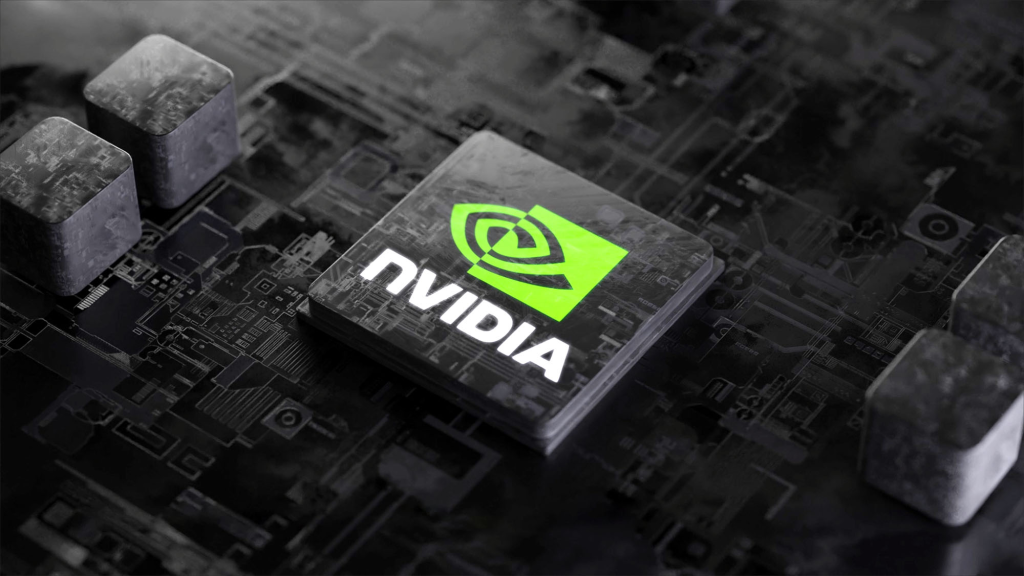Nvidia stock (NVDA) fell as much as 3% early Monday after the Biden administration released an updated export rule aimed at controlling the flow of artificial intelligence chips to “adversaries” such as China.
The White House said the rule would cap the number of AI chips called GPUs (graphics processing units) that can be ordered by most countries without a special license to 50,000. Smaller orders of 1,700 or fewer GPUs would not count toward the export cap. Some 18 US allies, including the UK, Netherlands, and Taiwan, will face no restrictions.
“The United States must act decisively to lead this transition by ensuring that US technology undergirds global AI use and that adversaries cannot easily abuse advanced AI,” the White House said in a statement Monday.
For reference, Microsoft (MSFT) alone reportedly purchased 485,000 of Nvidia’s Hopper GPUs in 2024, while Meta (META) purchased 224,000 of the AI chips, according to The Financial Times.
The rule aims to close loopholes in prior export restrictions on AI chips in 2022 and 2023 “by thwarting smuggling” and “raising AI security standards,” the White House said.
“These restriction will make it even more difficult for Chinese entities to purchase the most advanced NVIDIA chips,” DA Davidson analyst Gil Luria said.
“While there have been some restrictions on chip sales already, there have been reports of advanced NVIDIA chips making it to China, likely due to the fact that NVIDIA has limited control over its resellers,” Luria explained in a prior email last week.
In addition to Nvidia’s advanced chips sold through resellers, Nvidia makes specific versions of chips that comply with current US trade restrictions on China. According to the FT, Nvidia’s H20 chips — its Hopper chips for China — would not be subject to the new rule.
Nvidia vice president of government affairs Ned Finkle said in a statement Monday that the rule was “drafted in secret and without proper legislative review.”
“And by attempting to rig market outcomes and stifle competition — the lifeblood of innovation — the Biden administration’s new rule threatens to squander America’s hard-won technological advantage,” he said.
Companies have a longer-than-typical 120-day period to provide commentary on the restrictions, giving the Trump administration time to make changes to the rule, which is set to go into effect in one year. Nvidia’s statement included a seeming appeal to the incoming administration.



